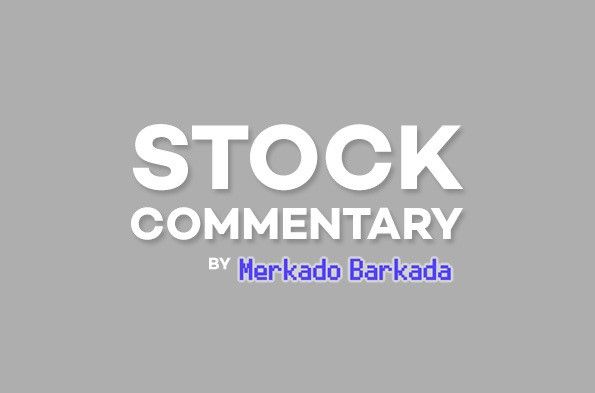How do you decide what to cover?

This is just part of a larger question from reader crossco88 that I’d like to show in its entirety (edited for brevity) because I think the answer is important. Here goes:
“Where do you get your information from? How do you decide which info to share with your readers? Like the Bank of Australia and Bank of England rates decision. What made you say that this information is relevant to share with your readers?”
This is a great series of questions to ask of any information source. Let’s get into it!
> Sources of information: The vast majority of my stories are based on official disclosures from the PSE’s listed companies, which anyone can view on EDGE, the PSE’s disclosure server. After that, my second biggest news source is from the Philippines-based news outfits, like Philstar, Inquirer, Rappler, ABS-CBN, Manilla Bulletin, and BusinessWorld (among others). Then I pull potential stories from the meta-coverage of those sources, like blogs (Bilyonaryo). In this tier are nuggets that I pick up from participating in the PH-Fintwit space on Twitter, from moderating the PHInvest subreddit on Reddit, and from browsing the forums on Facebook and Investagrams. I pull calendar info directly from EDGE (PSE-related stuff) and the Philippine Statistics Authority (inflation and GDP). American dates come from this handy Market Watch page. The central bank announcements come from cbrates.com.
> Decision-making process: Several factors go into deciding what to write about. Primarily I care about whether something is interesting to me, and it’s important to know that what I care about is derivative of my background and my long-term investing style. Layered on top of that is whether or not I think it will be interesting to readers (this is a feeling that I’ve had to develop the hard way over the past five years), and whether or not I’m willing to invest the time required to read and research all the materials necessary to be able to speak about the issue in my own words. The final factor is whether or not I have something to say about the issue. I’ve let a lot of good “news” pass because I simply just don’t have anything worth adding to the conversation.
> Why I shared the banking info: I actually backspaced that stuff out of the International section yesterday, but I put it back in because I wanted to give a little insight into what I’m thinking about. As I said in my MB BOTTOM-LINE, my interest isn’t so much in what those banks are specifically doing as it is in what they’re saying about what they’re doing. Long-time readers will know that I’m pretty exposed to interest rate risk, both directly in the stocks that I own, but indirectly in terms of the overall thesis that I invest under, and I’m always looking to try and triangulate what is happening here with what other sophisticated actors are saying and doing elsewhere.
MB bottom-line: I’m getting old, and even now I’m learning how to consume media better. I’ve taken more control of my own algorithm in terms of trimming out sources of news that are likely to distract me (basically all of those paid showbiz articles) and sources of news that seemed only angled to trigger my rage engagement (Twitter’s “For you” section). I seek out sources of news that are as pure to the source as possible, and I look for sources of opinion on that news that bring me value by exposing me to new ways of thinking about circumstances and data. My goal here is to improve my “signal to noise ratio”, where “signal” refers to content that is useful or informative, and “noise” refers to all the content that one might consume on any given day. Part of improving that ratio is asking these types of questions about the news sources from which I consume content. Maybe what I’m writing about isn’t very useful to your particular investing style. I could see how stories about a company’s management team might not be of interest to someone who trades on intra-day volume swings. And I don’t want to give the impression that I’m some super investor who uses a complex proprietary formula with inputs like the velocity of change in orange juice futures and the current interest rate in Nigeria. My trades don’t care about the Bank of Australia or the Bank of England exactly, but my trades care about inflation, and to some degree, they care about the global economy. While I am comfortable consuming what the BSP and the US Federal Reserve are saying about inflation, I like to use other points of reference to test what I’ve heard from the BSP and the Fed about the state of things. Maybe the reference to those central banks was a little bit too cute; there’s a (good) chance that I’ll forget to follow up and read that content for myself. But I wanted to show how I’m trying to work on the problem for myself and test my own thesis. I’ll try to be more clear about that in the future so that I’m not giving the impression that these data points should matter to all traders, or that they’re even materially important to my own trading style. Thanks for the question, crossco88!
---

Merkado Barkada is a free daily newsletter on the PSE, investing and business in the Philippines. You can subscribe to the newsletter or follow on Twitter to receive the full daily updates.
- Latest
























